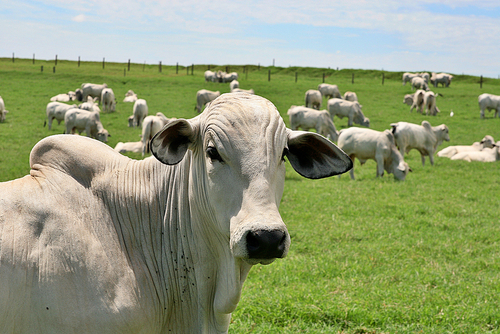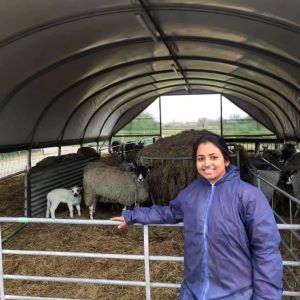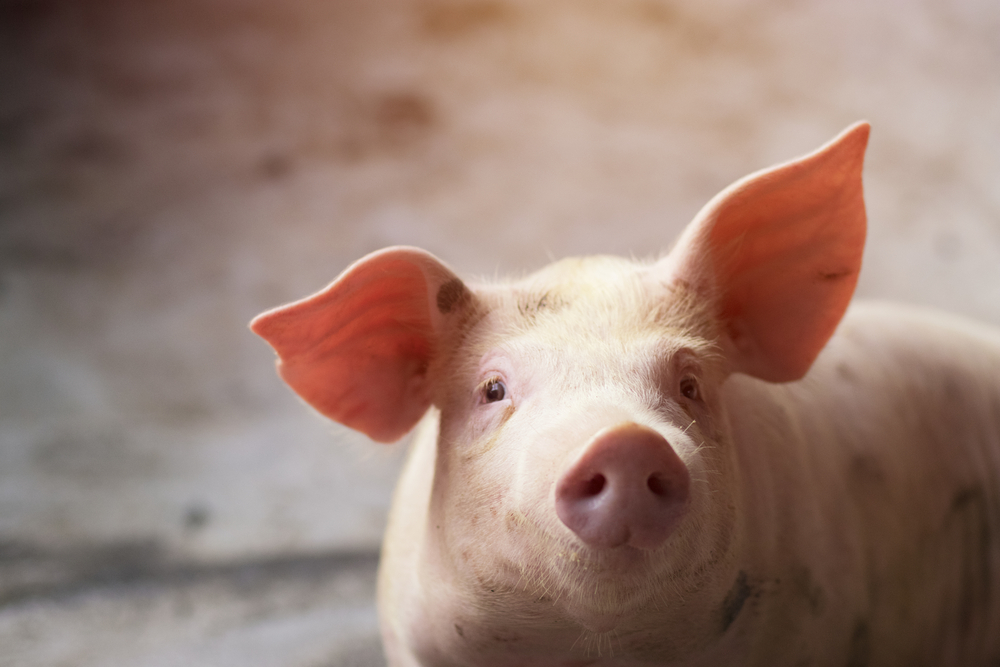Individual degree modules (Credit bearing)
We understand the difficulties many people face with full-time study and offer study by distance learning
Why study an Individual degree module?
The modules of the Veterinary Epidemiology and Public Health programme are also offered as stand-alone modules for Continuing Professional Development.

In Brief
- Sample our studies before committing to the full degree programme (MSc, Pg Diploma or Pg Certificate);
- Study alongside the degree programme students;
- Assessment includes an online, Written Examination and compulsory Tutor Marked Assignment;
- Application deadline: 15 December (studies commence February)
Modules
- Advanced Statistical Methods in Veterinary Epidemiology (ASMVE)
- Epidemiology and Animal Health Economics (LVM004) *
- Management of Infectious Disease Outbreaks in Animal Populations (LVM017)
- Research Design and Methods (LVM014)
- Statistical Methods in Veterinary Epidemiology (VPM012) *
- Surveillance and Investigation of Animal Health (VPM015)
- Veterinary Public Health (LVM006) *
* Also a Core module of the degree programme
RVC INSIDERS

The module ‘Management of Infectious Disease Outbreaks in Animal Populations’ is one of my favourite subjects because the knowledge that I gained can be directly applied to control many infectious diseases endemic in local situations. Specially, during outbreak investigation and public awareness programs.
— Anushka Lenagala, MSc in Livestock Health and Production, Sri Lanka (December 2022)

African Swine Fever (ASF) was first reported in China in 2018 and caused a dramatic economic loss in the pig industry. The learnings enable me to investigate the epidemiological study of ASF and assess the cause-effect relationships to provide valuable information for decision-making at the farm level with animal health economic factors taken into consideration.
— Shuaibiao Wang, Pg Diploma in Veterinary Epidemiology and Public Health, China (December 2022)
Individual Modules
|
Credit bearing |
Individual degree modules |
£2,736 |
Register by December (annually)
|
To apply (via the University of London) |

Discounts available
Completing students
- 20% discount is offered to students - having successfully completed a 240-Hour Individual Module and now registering for the full award (Postgraduate Certificate, Postgraduate Diploma, or MSc programme in Veterinary Epidemiology and Public Health
